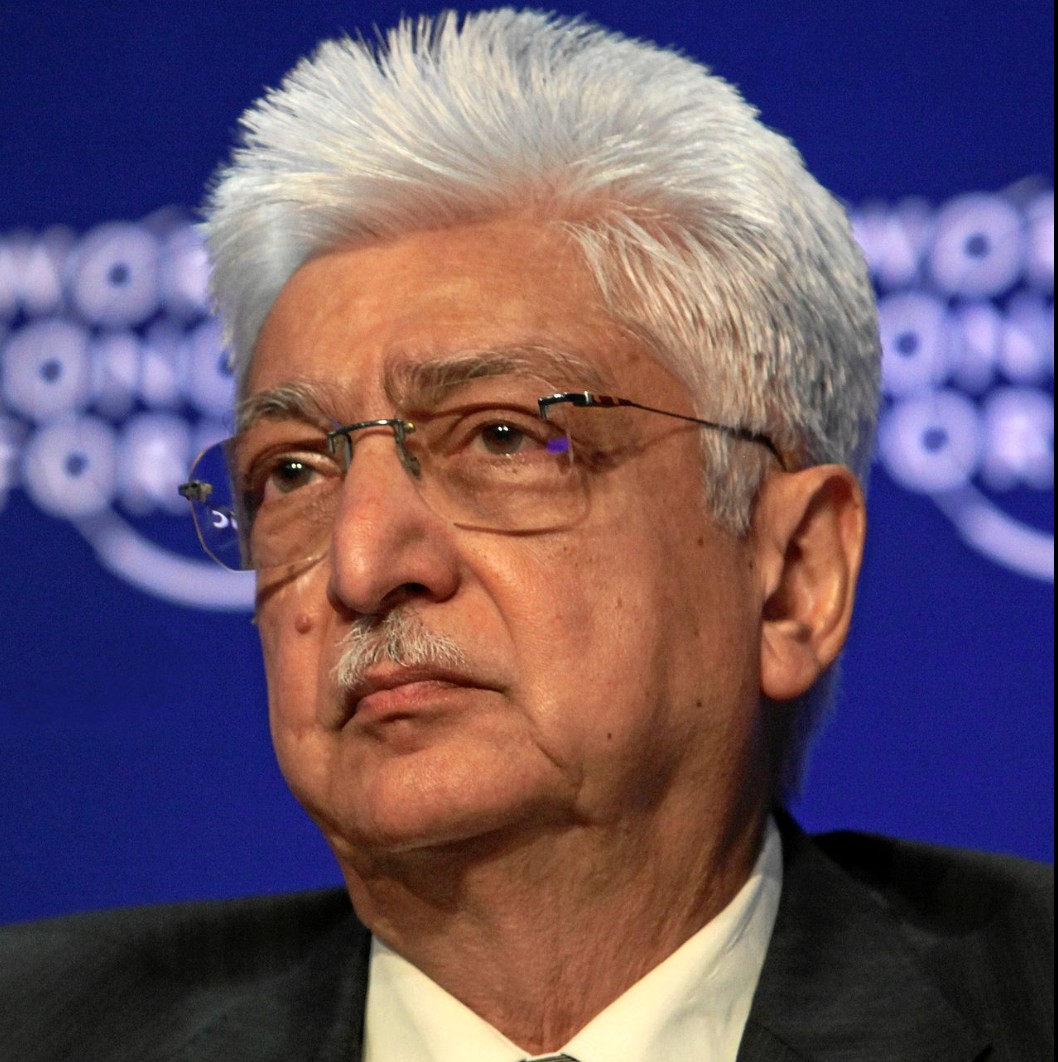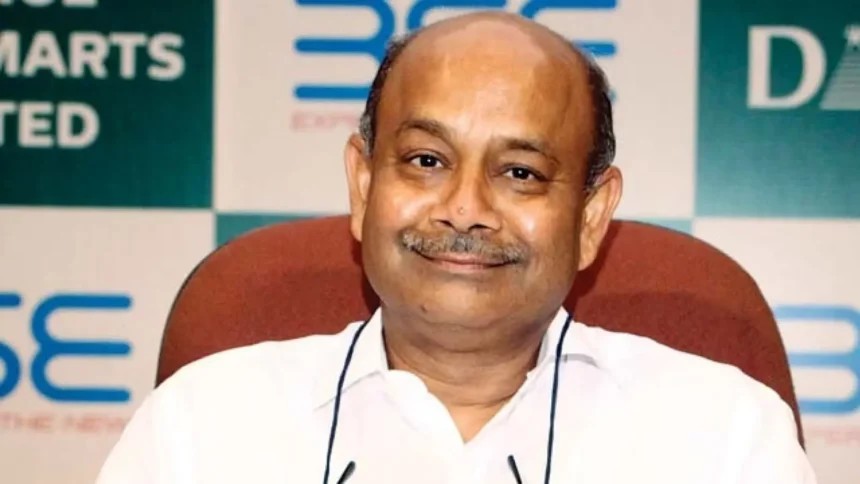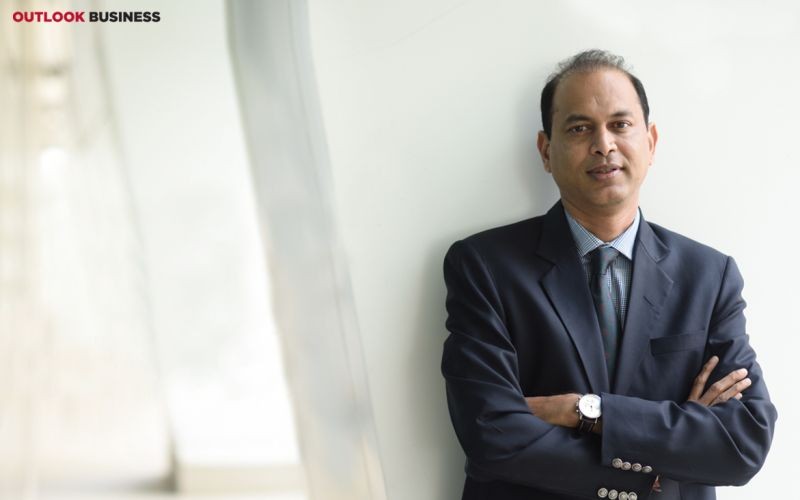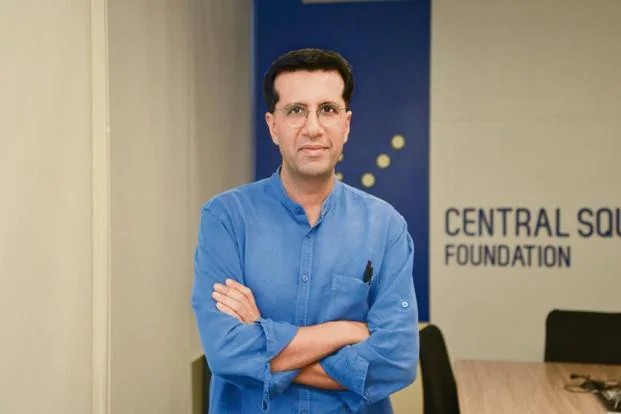Top Traders In India: Unlocking Success Secrets 2025



Editorial Note: While we adhere to strict Editorial Integrity, this post may contain references to products from our partners. Here's an explanation for How We Make Money. None of the data and information on this webpage constitutes investment advice according to our Disclaimer.
Top traders in India:
Azim Premji - he has a net worth of $8.6 billion
Radhakishan Damani - his net worth was estimated at $20 billion, ranking him 98th on the Bloomberg Rich List
Mukul Agarwal - his net worth is estimated at $300 million
Sunil Singhania - his current net worth is $290 million
Ashish Dhawan - his investment portfolio includes 16 stocks worth $263 million
The Indian market is growing and attracting the attention of traders, both beginners and experienced. Among the many participants, a group of successful traders stands out, who have achieved outstanding results using proven strategies and unique approaches. Their success stories are inspiring, and their methods can be useful for anyone who wants to improve their trading skills. In this article, we analyze the main strategies, tools, and secrets that helped these traders reach the top. By studying their experiences, you can gain ideas and recommendations that can lead to success in the Indian market.
Successful Forex traders in India
Azim Premji
Azim Premji is an entrepreneur, investor, and former chairman of Wipro Limited, an IT major that he led to grow into a global software leader. He remains the company's chairman and a non-executive board member. Premji is informally known as the "Czar" in the Indian IT industry.

He has a net worth of $8.6 billion. In the 1980s, Premji decided to develop Wipro into a technology company, which led to its success. His portfolio, in addition to Wipro, includes Trent Ltd., Tube Investments of India Ltd., and Craftsman Automation Ltd. Premji's portfolio is heavily weighted toward the IT sector, with less diversification than other investors.
Premji has a selective approach to betting on technology stocks, which can be a useful guide for those interested in the sector. He transformed Wipro from a consumer goods company into an IT leader, showcasing his vision and forward-thinking approach when investing in technology during its nascent stage. He reinvested company profits into expansion and emphasized strong governance, while his philanthropy through the Azim Premji Foundation has made a lasting impact on education.
Radhakishan Damani
Radhakishan Damani is a billionaire investor and the founder of D-Mart. His investment company, Bright Star Investments Limited, manages his assets. As of January 19, 2023, his net worth was estimated at $20 billion, ranking him 98th on the Bloomberg Rich List.

Damani’s portfolio includes 14 stocks, with D-Mart and VST Industries Ltd. being his top holdings. His investments have shown a gain of 9,851.24% over the past five years.
Damani’s portfolio is broadly diversified, with an emphasis on retail companies and a long-term perspective. He also has a high concentration of wealth into real estate investments. His founding of D-Mart turned it into a highly profitable retail chain due to efficient operations and customer-centric pricing. His early investments in stocks like HDFC Bank yielded significant returns, and he maintained a value-driven approach with cash reserves for seizing market opportunities.
Mukul Agarwal
Mukul Agarwal is an Indian businessman who specializes in asset management and financial advisory. He is known for his aggressive investing style and ability to pick stocks with high growth potential. His net worth is estimated at $300 million.

Agarwal holds 47 stocks, including Intellect Design Arena Ltd. ($22 million) and Radico Khaitan Ltd. ($20.1 million). Over the past year, his portfolio has grown by 190.23%, with a long-term growth of over 130.43%.
Mukul Agarwal built his reputation as a savvy stock picker with a focus on mid-cap and small-cap stocks, leveraging both technical and fundamental analysis to identify breakout opportunities and maintain a diverse portfolio for risk management.
Sunil Singhania
Sunil Singhania is an Indian investor and the founder of Abakkus Asset Manager, which manages over $1 billion in Indian equities. He was previously the head of equities at Reliance Capital. His current net worth is $290 million.

Singhania has 26 stocks in his portfolio, including Jindal Stainless, Saregama India Ltd., Route Mobile, Mastek, and Acrysil Ltd. His portfolio has grown 260% in the last year and 11,004.55% in five years.
Sunil Singhania earned respect as an equities expert by leading Abakkus Asset Manager to outperform industry benchmarks, combining top-down and bottom-up analysis to find quality stocks and maintaining a diverse portfolio for resilience.
Ashish Dhawan
Ashish Dhawan is an Indian stock investor, entrepreneur, and philanthropist. He is the SEO Director at Central Square Foundation. His investment portfolio includes 16 stocks worth $263 million.
His largest position is Glenmark Pharmaceuticals Ltd. His worth is $34 million, as well as IDFC Ltd., Birlasoft Ltd., Equitas Holdings Ltd., and others. The portfolio has grown by 81.07% over the past year and by 651.38% over five years.

How to become a successful trader in India
To become a successful trader in India, you need to understand the basics of the stock market, be able to analyze financial statements, and know the functions of the Securities and Exchange Board of India (SEBI) in regulating the market.
It is also important to consider the tax aspects of trading and the features of different trading platforms. Once you have mastered these basics, you can begin researching stocks and building a portfolio. Successful traders know how to spot opportunities, react quickly to them, and use risk management strategies to protect capital.
Tips for new traders:
Study the market. Understand the Indian stock market, read books, talk to experts, attend seminars.
Follow a plan. Once you have developed a trading strategy, stick to it without getting carried away by emotions.
Be patient. Don’t expect instant profits, success takes time.
Manage risks. Diversify your portfolio to reduce risks.
Set realistic goals. Focus on long-term results.
Stay focused. Avoid distractions and focus on your goals.
Stay flexible. Adapt your strategy as the market changes.
Rules and regulations
Licensing in India. Brokers in India are regulated by the Reserve Bank of India (RBI) and the Securities and Exchange Board (SEBI). RBI controls foreign exchange, while SEBI controls the stock market. Adequate capital, a business plan, regulatory compliance, employee qualifications, and the applicant’s track record are required to obtain a license.
Investor protection. Traders can approach RBI and SEBI to resolve disputes and curb fraud and malpractices in the market.
Taxation. Traders in India pay direct and indirect taxes. Direct taxes include income tax (5%-30%) and capital gains tax — 15% on short-term gains and 10% on long-term gains. Income below Rs 2.5 lakh is not taxed.
Common mistakes of new traders
One of the common mistakes of new traders is insufficient market research. Many start trading without taking the time to research and assess risks.
Another mistake is unrealistic goals. Trading takes time and gradual progress, and inflated expectations often lead to disappointment and premature abandonment of trading.
Newbies also often allow emotions to influence decisions. To avoid impulsive actions and financial losses, it is important to maintain a rational approach.
It is recommended to study different types of trading and adapt strategies to current market conditions. Initial losses are common, but patience and hard work will help you achieve success.
Is trading a good career in India?
Trading can be a promising career in India for those who have an analytical mind and are willing to take risks. Beginners should keep in mind that most new traders lose money.
The main advantage of trading is the potential for high profits. Successfully predicting market trends can bring significant income, and trading itself requires quick and informed decisions.
However, trading is associated with high risks. The market is unpredictable, and even experienced traders face losses. Beginners are especially susceptible to risk if they do not sufficiently assess the potential losses.
| Available in India | Sebi | Demo | Min. deposit, $ | Min Spread EUR/USD, pips | Max Spread EUR/USD, pips | Investor protection | Open an account | |
|---|---|---|---|---|---|---|---|---|
| Yes | No | Yes | 100 | 0,4 | 1,5 | £85,000 €20,000 | Open an account Your capital is at risk. |
|
| Yes | No | Yes | 5 | 0,7 | 1,2 | £85,000 €20,000 | Open an account Your capital is at risk. |
|
| Yes | No | Yes | 10 | 0,5 | 2 | €20,000 | Open an account Your capital is at risk. |
|
| Yes | No | Yes | 10 | 0,6 | 1,5 | €20,000 £85,000 | Open an account Your capital is at risk.
|
|
| Yes | No | Yes | 100 | 0,4 | 1,2 | No | Open an account Your capital is at risk. |
An effective trading strategy is based on market analysis and risk management
Success in trading requires a deep understanding of market mechanisms and analysis methods. Simply knowing trends or indicators is often not enough. It is important to master different approaches to market assessment, such as technical analysis, fundamental analysis, and trading psychology.
Often, novice traders focus on possible profits, but without thoughtful risk management, even successful trades can turn into losses. One useful method is to use stop-loss orders and define limits for each trade, which helps to avoid losses during unpredictable changes in the market.
In addition, flexibility and adaptation to new conditions play a key role in stable results. Markets are dynamic, and a strategy that worked in one economic cycle may be less effective in another. Analyze your results, adapt your approaches, and always be ready to adjust, taking into account new trends and data. This approach helps not only to preserve capital, but also to develop professional skills that become the basis for long-term success.
Conclusion
Trading in India can be a rewarding career for those willing to learn, analyze, and make informed decisions. Successful traders study the market, develop risk management skills, and remain flexible in a changing environment. However, the market remains unpredictable, and even experienced investors can experience losses. It is important to approach trading with realistic expectations, using proven strategies, and avoiding unnecessary emotions. A systematic approach and continuous development will help reduce risks and increase the chances of sustainable success.
FAQs
What is the best way to learn about trading in India?
The best way to learn about trading is to start with a good book or online course. Once you have mastered the basics, you can start practicing on a demo account. When you are ready, you can start trading with real money. Always remember to do your research and never risk more than you can afford to lose.
What types of strategies can be used in trading?
Popular strategies include day trading, position trading, and scalping. Each type is suitable for different levels of experience and trading styles, so it is important to find a strategy that suits your goals and risk tolerance.
How much money do I need to start trading in India?
The amount of money you need to start trading will depend on the broker you use and the type of account you have. Some brokers may require a minimum deposit, while others do not. Be sure to check with your broker to see what the terms are before you start trading.
How risky is trading in India?
Trading is a risky business, and the stock market can be unpredictable. Beginner traders should always be aware of the risks involved and never risk more than they can afford to lose. Experienced traders can lose money too, so it is important to always do your research and never take unnecessary risks.
Related Articles
Team that worked on the article
Maxim Nechiporenko has been a contributor to Traders Union since 2023. He started his professional career in the media in 2006. He has expertise in finance and investment, and his field of interest covers all aspects of geoeconomics. Maxim provides up-to-date information on trading, cryptocurrencies and other financial instruments. He regularly updates his knowledge to keep abreast of the latest innovations and trends in the market.
Chinmay Soni is a financial analyst with more than 5 years of experience in working with stocks, Forex, derivatives, and other assets. As a founder of a boutique research firm and an active researcher, he covers various industries and fields, providing insights backed by statistical data. He is also an educator in the field of finance and technology.
As an author for Traders Union, he contributes his deep analytical insights on various topics, taking into account various aspects.
Mirjan Hipolito is a journalist and news editor at Traders Union. She is an expert crypto writer with five years of experience in the financial markets. Her specialties are daily market news, price predictions, and Initial Coin Offerings (ICO).






























































































































